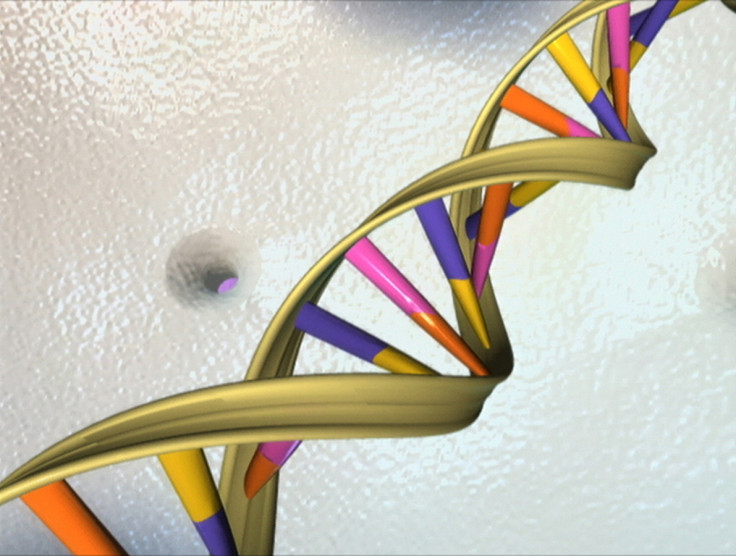Icelandic family of 10 suffering from psychosis helps identify new gene responsible
The discovery may provide insights to help develop future treatments.

Scientists have identified a new gene associated with psychosis, after studying a family in which 10 members were suffering from symptoms of the psychiatric condition. The discovery may provide new insights into the biology of psychosis.
In the past decade, researchers have made a lot of progress to understand how genetics influence the development of psychosis. Twin and family studies have suggested that there is strong evidence for familial influences on psychotic disorders - with the risk of developing the condition much higher if siblings have developed it.
Large genome-wide association studies have led to the identification of a number of common genetic variants linked to psychosis, that each have a small effect on risk.
However, few studies have attempted to identify the rare genetic variants which are not often seen in the general population, but which can greatly raise the risk of psychosis within some families and can lead to severe forms of psychotic diseases.
In a study now published in the journal Nature Genetics, scientists have focused on a large family in Iceland whose members appear to be disproportionately affected by psychosis.
Six individuals are indeed diagnosed with schizophrenia, two with schizoaffective disorder and two with psychotic bipolar disorder. All suffer from psychotic symptoms such as delusions and hallucinations.
The scientists analysed the genomes of family members to find a disrupting mutation. They found one in the RBM12 gene, which was carried by all 10 members with psychosis.
"Genome-wide association studies have been done previously and have been very useful to find common genetic variants involved in psychosis but when you want to find a rare, highly penetrant variant, this method is not as effective. Looking at what goes on in a family affected by the condition is probably more helpful. Here, it is the first time that this particular variant is associated with psychosis," study author Kari Stefansson, a neurologist and the co-founder of deCODE Genetics company, told IBTimes UK.
The scientists also identified a different damaging mutation in the same gene when they performed the analysis in another affected family in Finland. Finding that RBM12 mutations were involved in both families suggests that this gene is important for normal brain function.
The researchers were also surprised to discover that some individuals carried copy of the mutated gene, but they were not diagnosed with psychosis. However, they still had symptoms of non-psychotic psychiatric disorders as well as impaired cognitive function. This is another confirmation that the RBM12 gene is crucial for maintaining neurological function.

"This study shows us that although the families affected by these highly penetrant mutations are very rare, they can be biologically very informative to understand the neurobiology of psychosis. Now, scientists will have to focus on finding out how these mutations in the RBM12 gene lead to downstream molecular and cellular changes" Dr Mandy Johnstone, Wellcome Trust Clinical Research Fellow at the University of Edinburgh and spokesperson for the Royal College of Psychiatrists, told IBTimes UK.
More research is needed to understand the RBM12 gene's function but these findings may already help scientists to get a better grasp of the neurobiological mechanisms at work behind psychosis. Although these are early stages, they may also aid the development of drug treatments for psychosis in the future, by pinpointing potential biological pathways to target.
"In addition to identifying RBM12, a new gene that may aid in understanding the pathogenesis of psychosis and therefore lead to new targets for drug development, the work reported here provides a template for future familial studies of psychosis," the authors conclude.
© Copyright IBTimes 2025. All rights reserved.






















